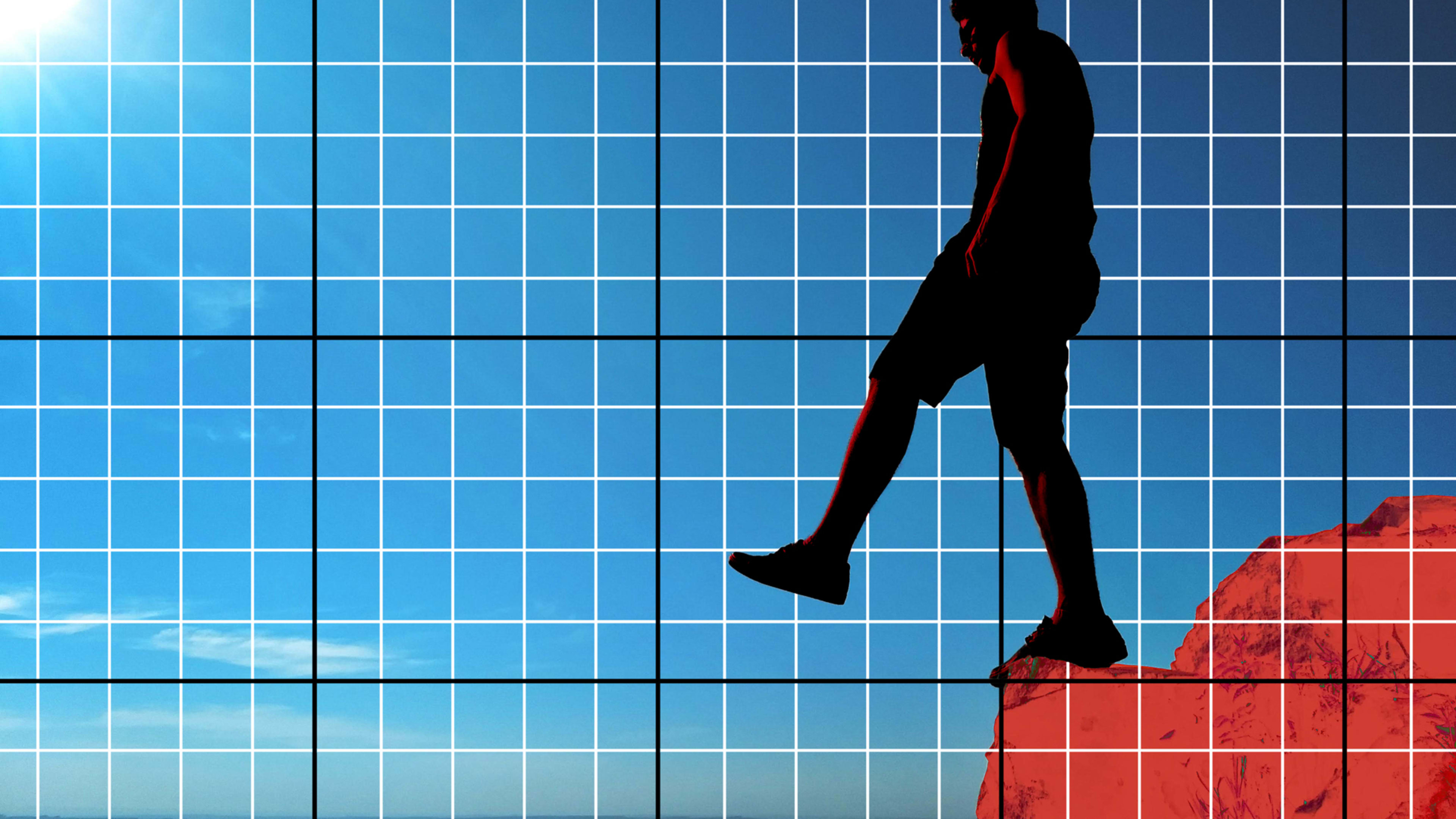Nearly two years into COVID-19, and we continue to deal with a lot of uncertainty. Are we preparing for the end of pandemic, or will we need to figure out a way to live with it indefinitely? Are we planning a return to the office, or should we just keep working from home?
Living with uncertainty can create a steep decline in motivation, especially if you think you have no control, says Ayelet Fishbach, author of Get it Done: Surprising Lessons from the Science of Motivation.
“For some people, the pandemic feels out of our control, even though we can control how likely we are to get sick,” she says. “We use the word ‘helplessness’ to understand why people might not try to change their circumstances. They don’t think that they can escape their destiny. This is the dark side of uncertainty. There is less action.”
When Uncertainty Is Good
While people generally don’t like uncertainty, when it’s applied to incentives it can have the reverse effect and can actually boost motivation, says Fishbach. “We tend to work harder when rewards are uncertain,” she says.
In the past, behaviorists tested the impact of uncertain incentives with animals, creating two reward schedules, a continuous schedule, where the animal gets the reward after every correct response, and an intermittent schedule, where the animal gets the reward only in some instances of performing the behavior.
“Surprisingly, intermittent schedules work better,” says Fishbach. “When animals can’t figure out when the reward will come, they remain hopeful and continue to do what you tell them—sit, stay, be quiet, or come—even when there are no longer treats to be handed out.”
Uncertain rewards motivate humans, too. Fishbach, who is a professor of behavioral science and marketing at the University of Chicago Booth School of Business, performed an experiment with colleagues to test the impact of uncertain incentives. Participants were asked to drink about a quart and a half of water in two minutes. Some people were offered a fixed reward of $2, and others were told they would receive an uncertain reward of $1 or $2, which would be determined by a coin toss. More people in the group receiving the uncertain reward drank the water within the time limit.
“Not knowing whether your efforts will pay off makes you curious to find out,” says Fishbach. “Uncertainty by itself is no fun; no one likes staying in the dark. But resolving the uncertainty, learning the payoff for your efforts, and thereby moving from the dark to the light, is psychologically rewarding. Athletes stay motivated because of and not in spite of the fact that victory is never a sure thing.”
How to Leverage Uncertainty
Luckily, uncertain incentives are common. For example, when applying for jobs or schools, you don’t know whether your application will be successful, so you’ll be motivated to work hard. It’s also possible to use uncertainty to motivate yourself to accomplish dreams and resolutions by setting goals that you’re not quite sure you could fully meet.
For example, a study that looked at marathon runners found there are more people who finish in just under four hours, than just after four hours. “The reason is that people are challenging themselves and setting a goal of finishing in under four hours,” says Fishbach. “For many people, they are uncertain that they can do it. That’s exciting and motivating and then get many people to be just below the goal.”
Some days you will fail to meet your goal; you’re uncertain about it and that keeps things challenging and exciting. “In the future, embrace uncertainty,” says Fishbach. “It keeps you motivated.”
Recognize your brand’s excellence by applying to this year’s Brands That Matter Awards before the early-rate deadline, May 3.
